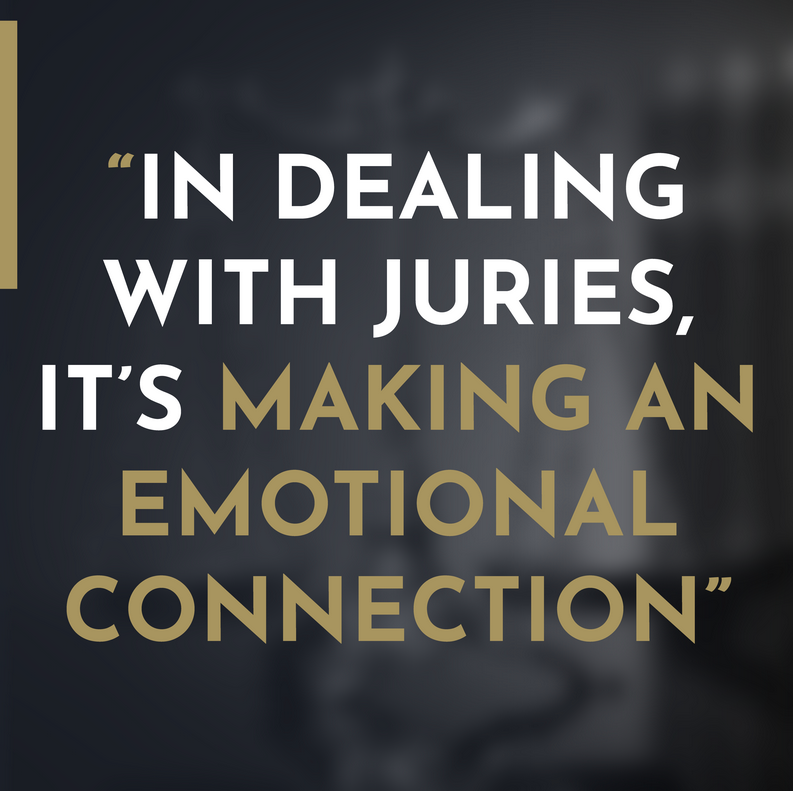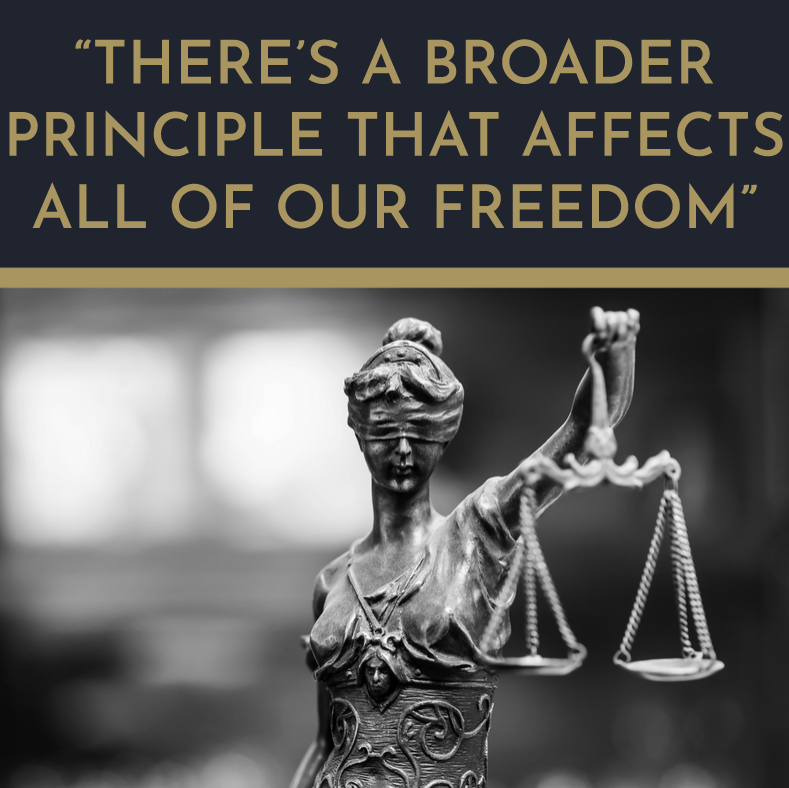Criminal defense attorney William Maselli explains how lawyers can center basic legal principles to achieve success in the courtroom.
William Maselli knows tradition. Both an experienced criminal defense lawyer and trained composer, he understands how important it is to first master the fundamentals before you can achieve greatness. In both law and music, you have to appeal to higher principles.
“There’s a spiritual element to opera. But, I think there’s a spiritual element to law as well,” Maselli said. “You’re rising above the facts of the case and you’re connecting to more all-embracing principles.”
In this episode, the Maine-based lawyer guides us through his personal journey from composer to lawyer – and what he’s learned in his over 30 years of trying cases. Scott and Maselli discuss the importance of collaborating with experts and the value of a dogged approach to law.
Connecting On A Higher Level
When trying a case, it can be easy to become so focused on the details of the case that you forget the reason you’re in the courtroom. Maselli believes it’s important for each attorney to go into a case with a good understanding of the bigger ‘why’.
At its core, law is about being able to make a human connection across the courtroom.
“In dealing with juries, it’s making an emotional connection,” he said. “It’s often a very spiritual connection that you can feel that results in verdicts going your way.”
Before you can expect to reach jurors at a higher level, you have to master your fundamentals. The more of an expert you are in courtroom procedures and tactics, the more room you have to make for the emotional component of a trial.
“Going in with the emotional aspect without being fully prepared isn’t going to work,” Maselli explained. “You’ve got to have your fundamentals of cross-examination down. You’ve got to be able to understand what the issues are in the case and how to get in the evidence you want to get in.”
By mastering the fundamentals of trial, you’re already a step ahead of many lawyers. Then, Maselli recommends asking yourself a simple question: ‘Why do you care?’ Your answer will help to ensure you are approaching the case with compassion
Jurors can identify with that emotional attention to the case. Maselli believes that a lawyer should be able to help two people from completely different walks of life and experiences to understand and empathize with one another.
“People’s lives are at stake in some very fascinating circumstances sometimes,” he said. “When you’re addressing the jury, that’s what separates a great artist in the field from someone who is just going through the motions.”
It’s also important to make an effort to connect with judges. The more you understand how your individual case connects to broader legal principles, the better equipped you’ll be to express its importance to a judge.
“There’s a broader principle here that affects all of our freedom, all our liberty, all of our constitutional rights,” he said. “To see it in that context and to get it across that you’re dealing with vital and critical issues – the fundamental principles.”
Getting An Outside Perspective
No matter how well-versed you are in the basic legal principles, you can’t be an expert at everything. That’s why Maselli recommends enlisting outside perspectives whenever possible.
When approaching a trial, Maselli usually uses a private investigator in order to get witness statements. It usually helps him to understand how a trial may play out.
“You get some feedback on how they see the case,” he said. “Just for strategizing, it’s important.”
The private investigator can help you see the case beyond its documents. Even when it may seem obvious on paper of a person’s guilt or innocence, not all the evidence may be submitted to the case.
“There’s a lot that may never come to the jury,” he said. “You have to project out what they’re going to get in, how is it going to get in and, if it does get in, is it going to come across as strong as it does in these two sentences from the state troopers report. Or, are there a lot of weaknesses there?”
Employing a private investigator is also a time-saver. It takes effort to track down each witness, and even when you do find them, there’s no guarantee that they won’t be reluctant or hostile to the idea of talking with you.
A good private investigator has the tools to deal with those kinds of witnesses and the patience it takes to get results.
“You want to get them to say something that might be helpful,” Maselli said. “A PI has some skills that allow them to connect with people and to make them feel they can talk.”
In general, Maselli advises looking for talented people to stand by you. As a criminal defense attorney, it can often feel like it’s you versus the world.
“There’s all these little things that go into trying cases, but having support is important. Or else you’re out there on your own.”
To learn more about this show and to follow along with our journey, please rate, review and follow The Advocate’s Key wherever you listen to your audio content.


